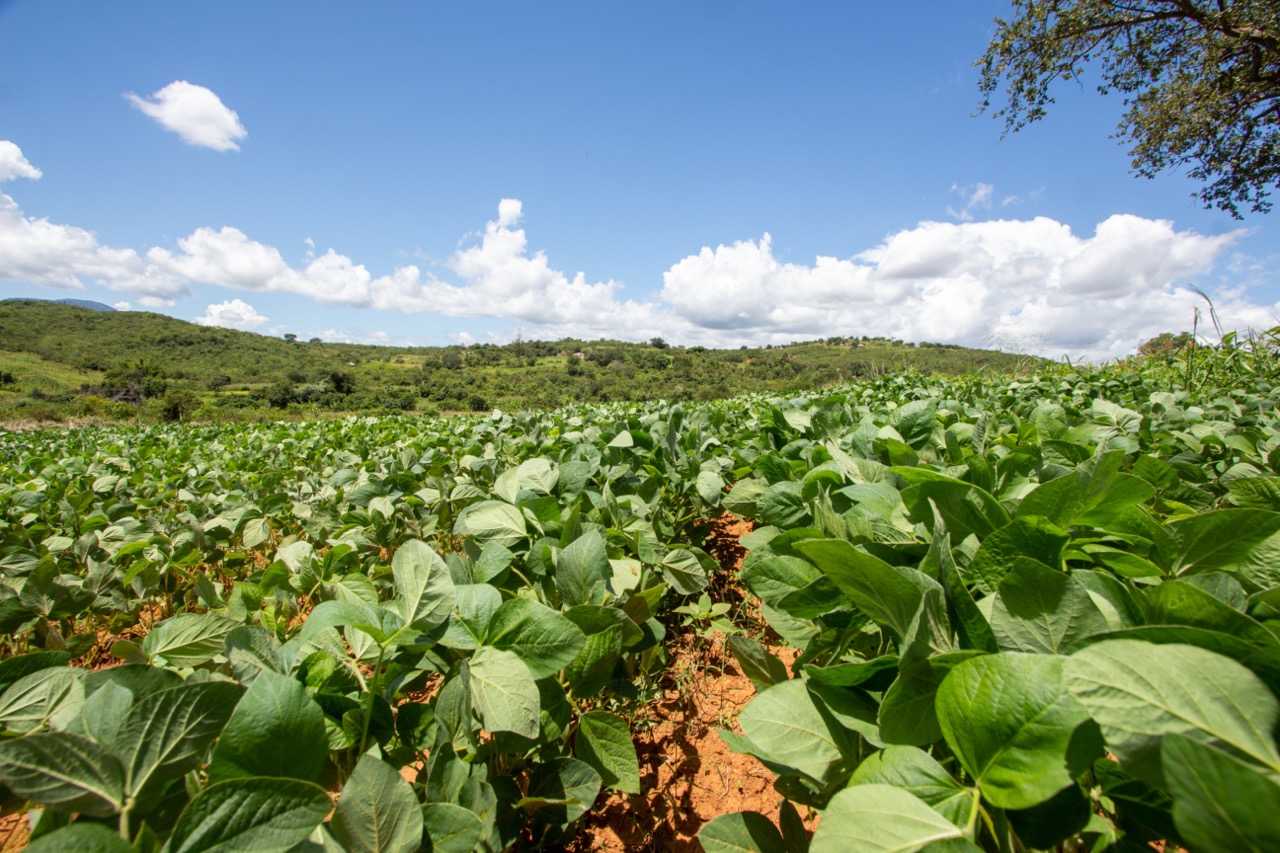SporeSmart: Climate-smart surveillance and sustainable management of fusarium diseases in staple crops

Project
SporeSmart: Climate-smart surveillance and sustainable management of fusarium diseases in staple crops
Location
Ghana
Theme
Crops
Funding
Innovation Award
A scalable, climate-smart approach to Fusarium management
Project Partners: CSIR-Crops Research Institute Kumasi-Ghana, MMV Sense Limited, Russell Bio Solutions and Smart Agri
Fusarium fungi pose a major challenge to food security in Ghana, causing significant losses across key crops such as maize, rice and legumes. Globally, Fusarium species account for around 30% of crop diseases (Dean et al., 2012) and cause an estimated 10% reduction in cereal production each year (Strange & Scott, 2005). Moreover, in Ghana alone, the contamination of grains with fumonisins (produced by Fusarium species) can exceed 20% (FAO, 2017), severely impacting human health, food availability and farmers incomes. Given the economic and health risks of Fusarium infections, particularly Fusarium verticillioides, early detection and management are critical to protecting staple food systems.
AI-powered early warning and disease prediction system
A UK-Brazil-Ghana collaboration proposes to introduce an advanced spore detection and monitoring system, originally developed and deployed in Brazil, where it contributed to a 25% reduction in Fusarium-related crop losses (Embrapa, 2018). The project will adapt and apply this system across Ghanaian agricultural zones, establishing a local surveillance network integrated with weather and environmental models. This will create an AI-powered early warning and disease prediction system, supporting farm-level decisions and targeted interventions. Given that Fusarium infections often remain asymptomatic early on, deploying a spectral, spore image-based, or molecular AI detection system is critical. Early warning and in time predictive analytics will enable farmers, seed processors and storage operators to act proactively. This not only improves food safety and yields but also offers strong commercial potential for Russell IPM’s and its academic partners, stimulating agro-biotech innovation and rural economic growth. Following detection, sustainable treatment methods will be deployed, focusing on biocontrol agents such as Bacillus amyloliquefaciens and Trichoderma spp. applied through seed treatments, root zone inoculations and foliar sprays. Preliminary studies show bio-based solutions can achieve up to 40% effectiveness against Fusarium species (Abbas et al., 2017). By integrating AI-driven forecasting and sustainable biocontrol, the project delivers a scalable, climate-smart approach to Fusarium management, supporting healthier harvests, reducing post-harvest losses and boosting farmer incomes.
For more information
For more information on this project, contact us, or view all projects funded under the Climate-Smart Agriculture Partnership programme.
Innovate UK Climate-Smart Agriculture Partnership: UK-Brazil-Africa brings together innovative people and organisations to promote climate-smart agriculture in Africa.

